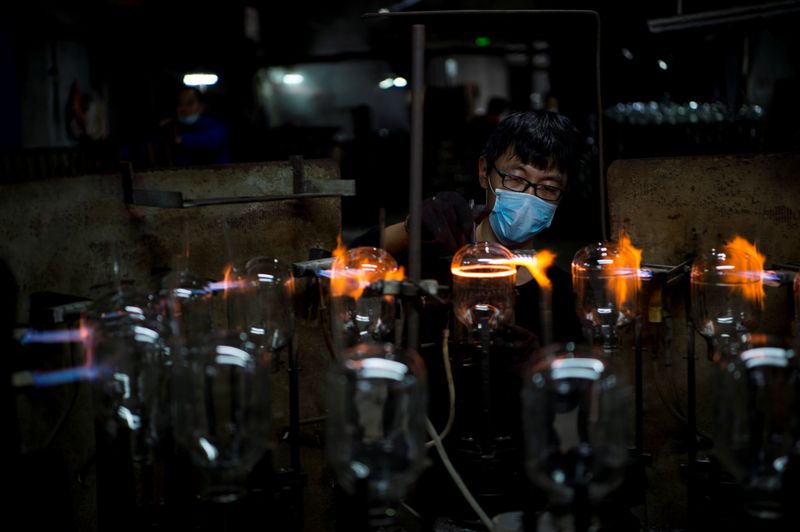BEIJING (Reuters) – China's manufacturing activity is likely to contract for the fourth straight month in January, albeit at a slower pace than in December, a Reuters poll shows, with the country's vast manufacturing sector likely to contract in early 2024. It showed that they are still struggling to regain momentum.
The official Purchasing Managers Index (PMI) is likely to rise to 49.2 in January from 49.0 in December, according to the median forecast from a poll of 35 economists. The 50-point mark separates growth from contraction.
The Office for National Statistics released PMI data on Wednesday, the first official snapshot of how the world's second-largest economy has started the new year after a more volatile than expected post-COVID-19 recovery. I will provide a.
As challenges such as a slump in real estate, local government debt risks, deflationary pressures, and sluggish global demand weigh on the economy, China's central bank governor Ban Gongsheng announced at a press conference last week that banks' reserve ratios should be increased to boost growth. The reduction was announced unexpectedly. .
Of the 35 economists surveyed, only one expected factory activity to expand in January, compared with 50.5.
However, Goldman Sachs said in a note Friday that the NBS Manufacturing PMI tends to fall in January, following a seasonal pattern, as historical data shows in years when Lunar New Year falls in late January or February. Ta. The index is expected to slow to 48.8 from 49.0 in December.
Factory activity is expected to slow to 50.6 in Caixin's private factory survey, to be released on Thursday, from 50.8 in December, according to the median forecast of 21 economists compiled by Reuters.
Adding to the pain for some Chinese exporters, disruption to Red Sea cargo shipments due to Houthi drone attacks on shipments threatens to supply factories ahead of the Lunar New Year, which begins on February 10 this year. is increasing further.
(Reporting by Ellen Zhang and Ryan Woo; Voting by Milounee Purohit and Anant Chandak in Bangalore and Jing Wang in Shanghai; Editing by Jacqueline Wong)

